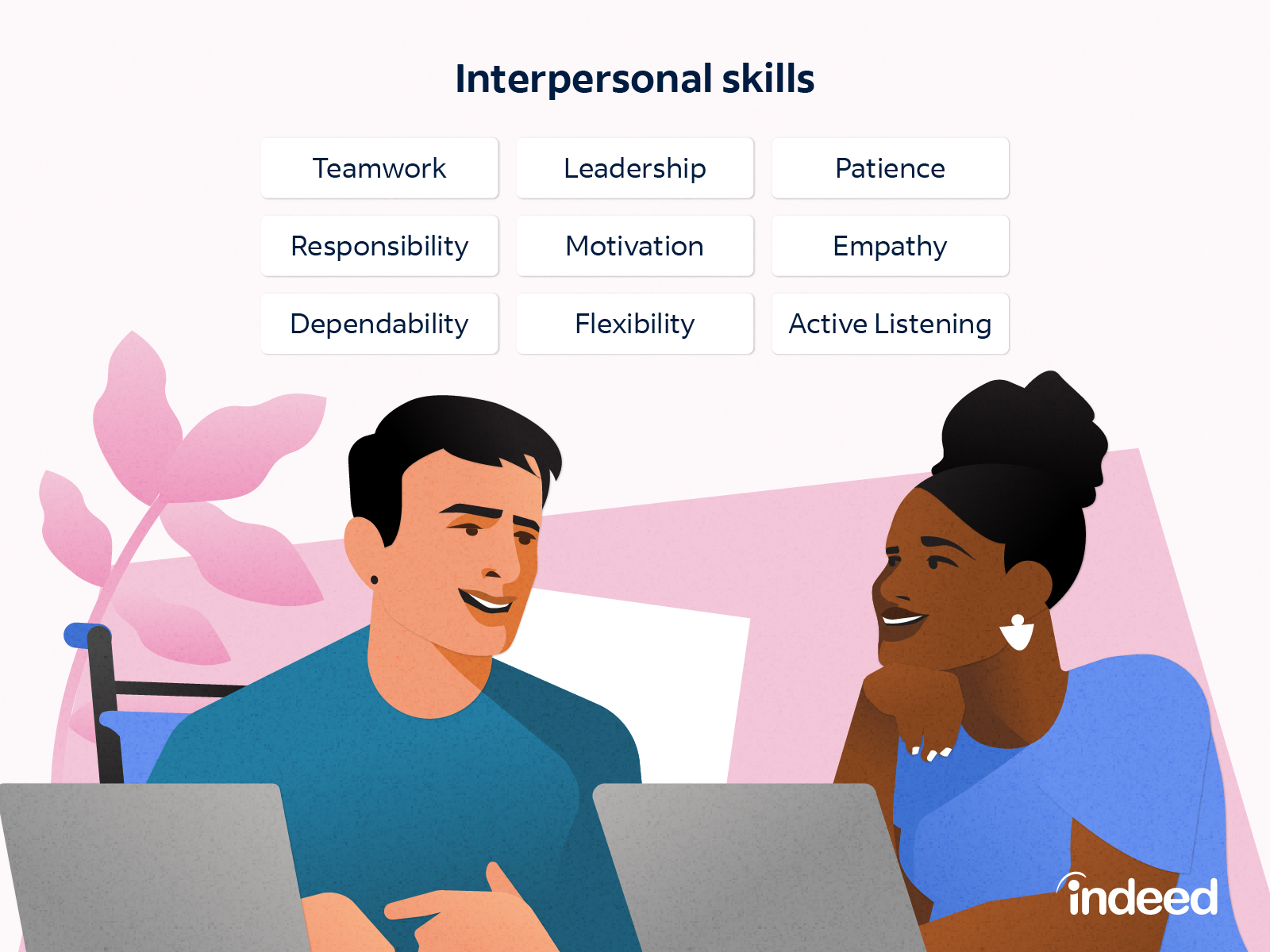Effective communication is the cornerstone of any healthy and fulfilling relationship. It allows partners to connect, understand each other’s needs, and resolve conflict. Unfortunately, healthy communication can be challenging in romantic relationships. Emotions run high, misunderstandings can arise easily, and it’s all too easy to fall into destructive communication patterns. However, with the right strategies and skills, couples can improve their communication to unlock deeper connection, build a strong foundation for their relationship, and handle any challenges that come their way.
Relationship Communication Strategies

Communication strategies are essential tools for building and maintaining healthy relationships. They can help couples navigate difficult conversations, express their needs and desires effectively, and deepen their understanding and connection with each other. Here are some essential strategies that every couple should master to improve their relationship communication:
Active Listening
Active listening is not simply waiting your turn to speak. It’s about truly understanding what your partner is trying to communicate, both verbally and nonverbally. Pay focused attention to what your partner is saying and observe their body language. Resist the urge to interrupt or offer immediate solutions. Repeat and summarize what you’ve heard to ensure you’re understanding. Ask open-ended questions to encourage further elaboration.
To actively listen, start by giving your partner your undivided attention. Put away any distractions, make eye contact, and use verbal and nonverbal cues to show that you are fully present. As your partner speaks, listen without judgment or interruption. Avoid formulating your response while they are still talking, as this can prevent you from truly hearing what they have to say.
After your partner has finished speaking, repeat back what you understood them to say. This not only shows that you were actively listening but also gives them the opportunity to clarify or correct any misunderstandings. Use phrases like “What I’m hearing is…” or “It sounds like you’re saying…” to summarize their words.
Finally, ask open-ended questions to further understand your partner’s perspective. These questions cannot be answered with a simple “yes” or “no” and require more thought and elaboration. This allows your partner to express themselves fully and can lead to deeper understanding and connection between the two of you.
I Statements
When expressing your thoughts and feelings, use I statements to avoid blaming or accusing your partner. Instead of saying “You never listen to me,” try “I feel unheard when I express my concerns.” By using I statements, you take ownership of your emotions and reduce defensiveness. It also allows your partner to better understand your perspective without feeling attacked or criticized.
To effectively use I statements, start by identifying your own feelings and needs. Use phrases like “I feel…” or “I need…” to express yourself. Avoid placing blame on your partner and focus on how their actions or words made you feel. This communicates your vulnerability and allows your partner to see things from your point of view.
Next, express what you would like to see happen in the future. Using our previous example, you could say “I would appreciate it if we could set aside some time to really listen to each other without interruptions.” This offers a solution for moving forward and promotes mutual understanding and respect within the relationship.
Mindful Communication
Mindful communication involves being present and aware of your thoughts, feelings, and body sensations while communicating. It encourages couples to slow down, tune into each other, and communicate with intention and empathy. This can greatly improve the quality of communication and deepen the connection between partners.
To practice mindful communication, start by taking a few deep breaths before engaging in conversation with your partner. This helps to calm any emotional arousal and allows you to approach the conversation with a clearer mind. As you communicate, pay attention to your own thoughts and feelings, as well as your partner’s. Notice any physical sensations in your body, such as tension or discomfort, and take a moment to breathe and ground yourself before responding.
Another important aspect of mindful communication is practicing empathy. This means putting yourself in your partner’s shoes and trying to understand their perspective. It requires listening without judgment and acknowledging the validity of their feelings and experiences. This can help to reduce conflict and promote understanding and connection within the relationship.
Couples Communication Strategies

In addition to individual communication strategies, there are also techniques specifically designed for couples to improve their communication. These strategies focus on building trust, fostering intimacy, and creating a safe space for open and honest communication between partners. Here are some essential couples communication strategies to help strengthen and enhance your relationship:
The Five A’s of Effective Communication
The Five A’s of Effective Communication is a technique developed by Dr. John Gottman, a renowned psychologist and relationship expert. These five steps can help couples navigate difficult conversations and resolve conflict in a healthy and productive manner.
- Ask for permission: Before launching into a potentially sensitive conversation, ask your partner if it’s a good time to talk. This shows respect for their boundaries and allows them to mentally prepare for the conversation.
- Acknowledge your partner’s feelings: Showing empathy and understanding towards your partner’s feelings can help them feel heard and validated. Use phrases like “I understand that you’re feeling…” or “It sounds like this situation really upset you.”
- Admit your role: Take responsibility for your part in the situation and avoid placing blame on your partner. This creates a safe and non-judgmental space for open communication.
- Apologize sincerely: If you have hurt your partner, apologize sincerely and take ownership of your actions. Avoid making excuses or justifying your behavior.
- Amend the situation: Discuss ways to move forward and find a solution together. This can include apologies, compromise, or finding a mutually beneficial solution.
By following these five steps, couples can communicate their feelings and needs effectively while also promoting understanding and repair within the relationship.
The Speaker-Listener Technique
The Speaker-Listener Technique is another effective communication strategy for couples. It involves taking turns being the speaker and the listener during a conversation. This allows each partner to express themselves fully while also actively listening and understanding their partner’s perspective.
To use this technique, start by deciding on a topic to discuss. The speaker then shares their thoughts and feelings while the listener actively listens without interrupting or formulating responses. After the speaker has finished, the listener summarizes what they heard and confirms that they understood correctly. Then, the roles are reversed, and the speaker becomes the listener for the next topic.
This technique promotes active listening and empathy, as well as allowing both partners to feel heard and understood. It can be especially helpful for navigating difficult conversations and resolving conflicts within the relationship.
Assertive Communication
Assertive communication is the ability to express your needs and boundaries in a respectful and confident manner. It is an essential skill for healthy relationships, as it allows partners to communicate their needs and desires without becoming aggressive or passive.
To practice assertive communication, start by identifying your needs and setting clear boundaries. Use phrases like “I need…” or “It is important to me that…” to express yourself. Avoid using accusatory language or placing blame on your partner. Instead, focus on expressing your own feelings and needs.
Next, use confident body language, such as making eye contact and standing tall, when communicating assertively. This conveys that you are serious about your needs and are not willing to compromise them. Finally, be open to compromise and find solutions that work for both partners. Effective communication involves a give and take between both individuals, and assertive communication can help to find a balance that meets the needs of both partners.
Relationship Communication Skills

In addition to strategies, there are also essential skills that couples can develop to improve their relationship communication. These skills revolve around effective listening, emotional intelligence, and conflict resolution. Here are some important skills for couples to cultivate:
Active Listening Skills
Active listening is a skill that involves focusing your attention on your partner, understanding their perspective, and responding thoughtfully. It can greatly enhance the quality of communication within a relationship and promote mutual understanding and connection.
Some key active listening skills include maintaining eye contact, using nonverbal cues such as nodding, summarizing what you’ve heard, and asking open-ended questions. Practicing these skills can help couples become more present and engaged in their conversations and foster a deeper understanding and connection with each other.
Emotional Intelligence
Emotional intelligence is the ability to identify and manage one’s own emotions, as well as understand and empathize with the emotions of others. It plays a crucial role in healthy relationship communication, as it allows partners to communicate their feelings effectively and respond to their partner’s emotions with empathy and understanding.
To develop emotional intelligence, start by becoming more aware of your own emotions and how they affect your thoughts and behaviors. Practice labeling your emotions and identifying the triggers that lead to them. Next, work on managing your emotions by finding healthy coping mechanisms, such as deep breathing or journaling. Finally, practice empathy towards your partner by actively listening and validating their emotions.
Conflict Resolution Skills
Conflict is inevitable in any relationship, but how couples handle conflict is what determines the success of their relationship. Healthy conflict resolution skills involve finding solutions together, rather than trying to win an argument. Here are some helpful skills for navigating conflict within a relationship:
- Cool off before discussing: When emotions are running high, it can be challenging to have a productive conversation. Take a break to calm down before trying to resolve the conflict.
- Use “I” statements: Avoid blaming or accusing your partner and use “I” statements to express your feelings and needs.
- Listen actively: Truly understanding your partner’s perspective can help to find a mutually beneficial solution.
- Take ownership of your part in the conflict: Acknowledge your role in the situation and apologize sincerely if necessary.
- Find compromises: Be open to finding solutions that meet both partners’ needs, rather than trying to find a winner and loser.
By practicing these skills, couples can effectively navigate conflicts without damaging their relationship and promote mutual understanding and growth within their partnership.
Conclusion

Effective communication is an essential component of any healthy and fulfilling relationship. By mastering strategies such as active listening and using I statements, couples can improve their communication and deepen their connection with each other. Additionally, techniques and skills, such as the Five A’s of Effective Communication and emotional intelligence, can further enhance relationship communication and allow couples to handle conflicts and challenges with grace and understanding. With practice and dedication, couples can become effective and mindful communicators, leading to stronger, more fulfilling relationships. So take the time to work on your communication skills and watch as your relationship flourishes.
wfriv.xyz